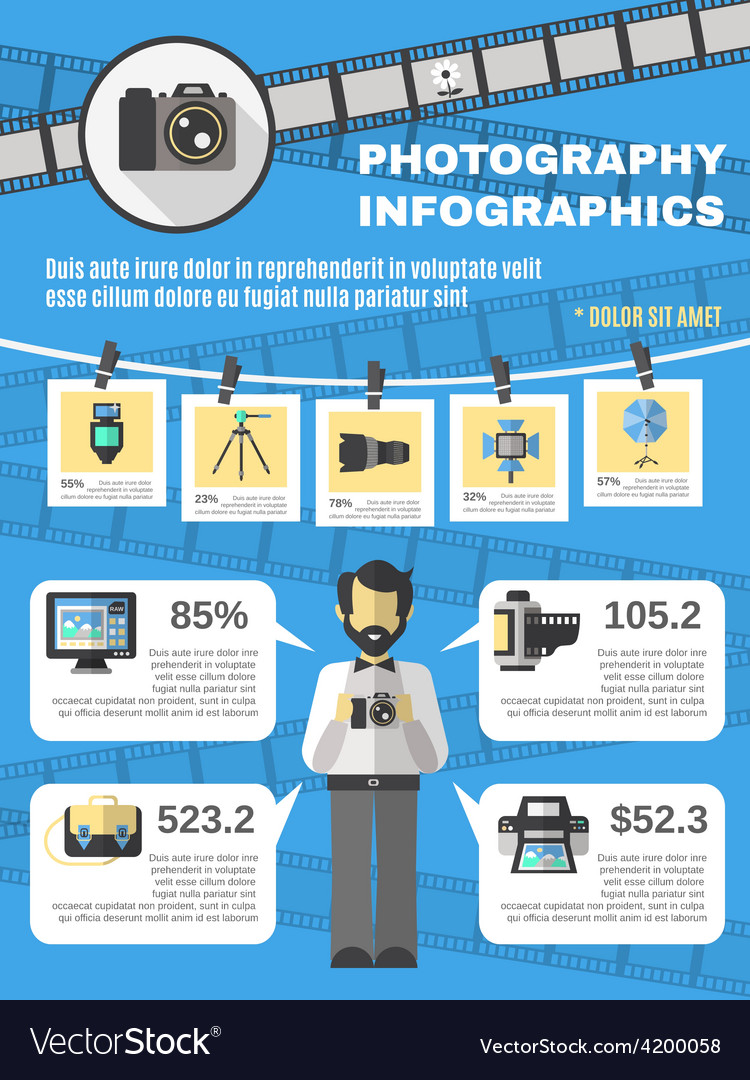Photography Tips For Beginners: Mastering Your Cam In No Time
Photography Tips For Beginners: Mastering Your Cam In No Time
Blog Article
Material By-Lundgreen Monroe
When you first pick up your electronic camera, it can really feel overwhelming with all the setups and options offered. You could find yourself questioning just how to navigate aperture, shutter rate, and ISO successfully. Mastering these basics is important, but there's more to photography than just technical knowledge. Recognizing composition techniques and illumination problems can raise your photos considerably. So, what happens if you could find out simple strategies to improve your skills and start recording outstanding photos sooner than you believe? Allow's explore how to change your photography trip.
Understanding Video Camera Setups
Recognizing your camera setups is important for catching stunning photos. When you pick up your camera, familiarize on your own with the 3 primary settings: aperture, shutter rate, and ISO. Each plays an essential duty in just how your images end up.
Start with aperture, which regulates the amount of light going into the lens. visit our website (lower f-number) allows more light and develops a stunning history blur, ideal for pictures. Conversely, a narrower aperture (higher f-number) maintains more of the scene in focus, ideal for landscapes.
Next off, concentrate on shutter speed. This setting establishes how long your video camera's sensing unit is revealed to light. A rapid shutter rate freezes movement, which is fantastic for action shots, while a slow-moving shutter speed can create spectacular results like smooth water in landscapes.
Finally, readjust your ISO. This setup influences your video camera's sensitivity to light. A higher ISO is useful in low-light circumstances however can present sound or grain. Aim for the most affordable ISO feasible while still attaining correct exposure.
Make-up Techniques
When you're out shooting, composition can make all the difference in how your images reverberate with viewers. Beginning by utilizing the regulation of thirds; picture your frame split into 9 equal areas with 2 straight and 2 upright lines. Setting crucial elements along these lines or at their crossways to create equilibrium and rate of interest.
Next off, take into consideration leading lines. https://blogfreely.net/rosendo43laverne/how-to-discover-your-distinct-style-as-a-professional-photographer in your scene, like roads or rivers, draw the customer's eye into the photo, assisting them with the story you're telling.
Do not ignore framing; usage elements within your scene, like trees or home windows, to develop a frame around your topic, including depth and focus.
Additionally, keep click the up coming document on your history. A cluttered background can sidetrack from your main topic, while a basic one assists it attract attention.
Last but not least, trying out symmetry and patterns; they can create a striking picture that records focus.
Mastering Lights Issues
Mastering lights conditions is essential for catching stunning photos, as the best light can change a normal scene into something phenomenal.
Start by observing natural light at various times of the day. Early mornings and late afternoons supply the best light, called the golden hour. The soft, warm tones during these times can improve your photos beautifully.
Don't shy away from cloudy days either; diffused light can decrease harsh darkness and create a pleasing effect, particularly for pictures.
Try out backlighting by placing your subject against the light. https://zenwriting.net/santiago0650nidia/how-to-develop-a-digital-photography-portfolio-that-sticks-out can create a wonderful halo result and include depth to your photos.
Take note of your electronic camera setups as well. Readjust the ISO, aperture, and shutter rate to match the lights conditions. A higher ISO can assist in low light, however be cautious of grain.
Utilize a tripod in darker environments to avoid blur.
Lastly, don't forget fabricated lighting. Flash and continuous lights can be terrific tools for controlling light in tough problems.
Final thought
To conclude, grasping your camera doesn't need to be frustrating. By recognizing your settings, using make-up strategies, and harnessing the power of natural light, you'll swiftly boost your digital photography skills. Keep in mind, exercise makes perfect, so get out there and experiment with your newly found knowledge. With time and commitment, you'll be recording sensational pictures that reflect your unique perspective. Appreciate the journey, and don't neglect to enjoy while you're at it!
